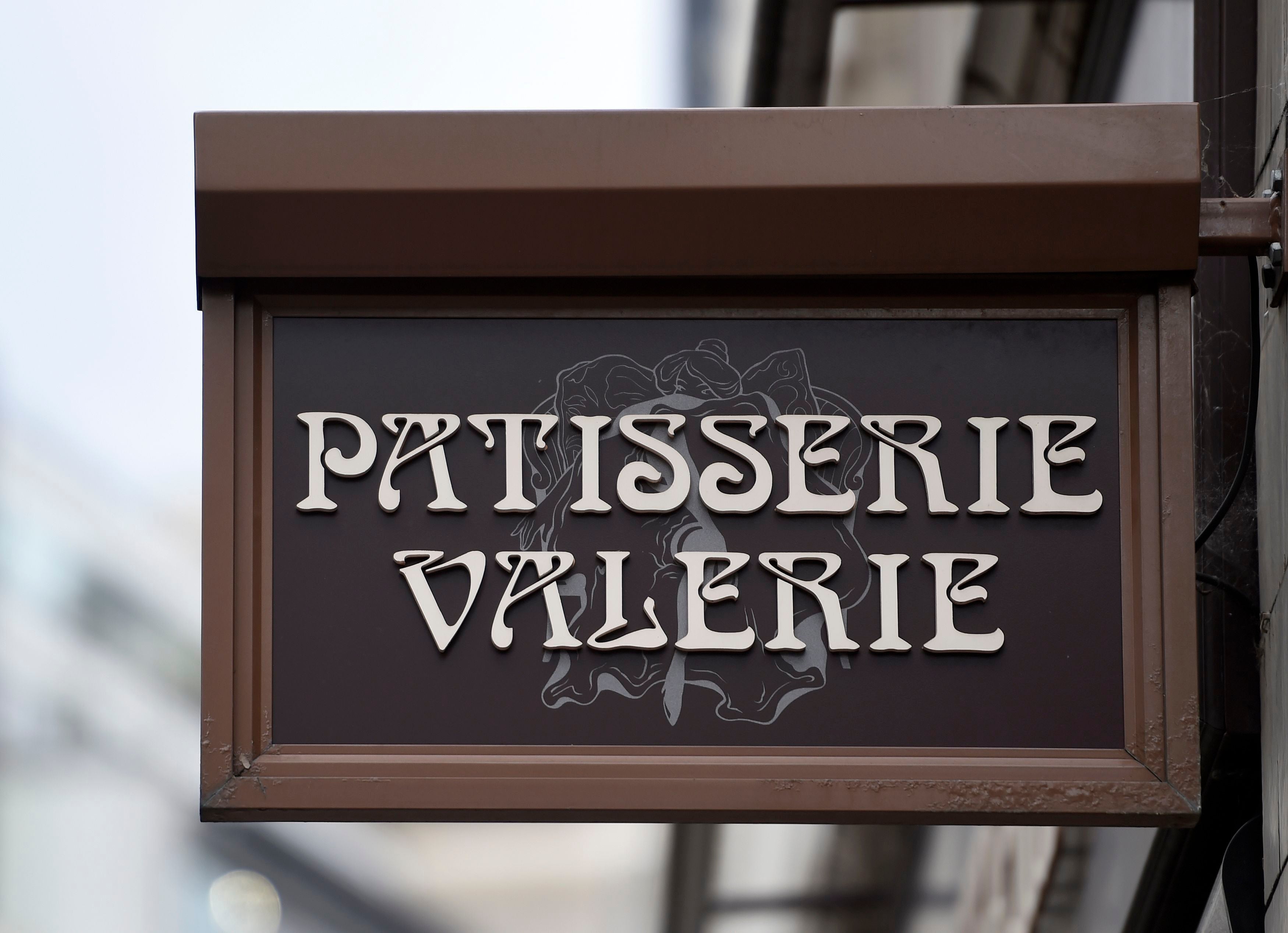Patisserie Valerie auditors handed £2.3m fines over failures
Grant Thornton showed a serious lack of competence and failed to asked questions over audits in 2015, 2016 and 2017 ahead of the company’s collapse.

The auditors of collapsed cake chain Patisserie Valerie missed red flags, failed to question management properly and showed a serious lack of competence, according to regulators.
The Financial Reporting Council (FRC) made its findings against accounting giant Grant Thornton and auditor David Newstead, handing them fines of £2.34 million and £87,750 respectively.
Investigators looked at three audits in 2015, 2016 and 2017 prior to the chain’s collapse in 2018, with the loss of 900 jobs and a police investigation into fraud allegations.
The FRC said a fine against Grant Thronton would have been £4 million, but was adjusted for “exceptional levels” of cooperation.
But the company must now report annually to the regulator for three years to show what efforts it is making to improve its audits and change its culture.
A so-called “Severe Reprimand” was also issued and the company has agreed to pay the FRC’s costs for the investigation.
Mr Newstead, who carried out the work for Grant Thornton, was given a three-year ban from carrying out audits or signing off audit reports.
Both accepted there had been failures in parts of their audit work.
The FRC said: “The breaches reveal a pattern of serious lapses in professional judgment, failures to exercise professional scepticism, failures to obtain sufficient appropriate audit evidence and/or to prepare sufficient audit documentation.”
Claudia Mortimore, deputy executive counsel to the FRC, said: “This decision notice sets out numerous breaches of relevant requirements across three separate audit years, evidencing a serious lack of competence in conducting the audit work.
“The audit of Patisserie Holdings Plc’s revenue and cash in particular involved missed red flags, a failure to obtain sufficient audit evidence and a failure to stand back and question information provided by management.”
We regret the quality of our work fell short of what was expected of us in this instance.
The company collapsed and was revealed to have been overstating its accounts for years.
Following administration, the chain was found to have overstated its cash position by £30 million and failed to disclose overdrafts of nearly £10 million.
Heavy cost-cutting to survive had seen the company remove key ingredients, including butter, replacing it with cheaper margarine in its products.
It led to several arrests for fraud and an investigation by the Serious Fraud Office.
A spokesperson for Grant Thornton said the company has invested significantly in audit practice since the scandal.
He added: “We have cooperated fully with the FRC and acknowledge the investigation’s findings relating to our audits in 2015–2017.
“We regret the quality of our work fell short of what was expected of us in this instance.”
A civil case had previously been launched against Grant Thornton by liquidators at FRP Advisory, claiming the auditor was negligent.
The spokesperson said: “We will continue to rigorously defend the civil claim brought by Patisserie Valerie’s liquidators, which ignores the board’s and management’s own failings in detecting the sustained and collusive fraud which took place.
“We recognise that there were shortcomings in our audit work; however, our work did not cause the failure of the business.”
Bookmark popover
Removed from bookmarks